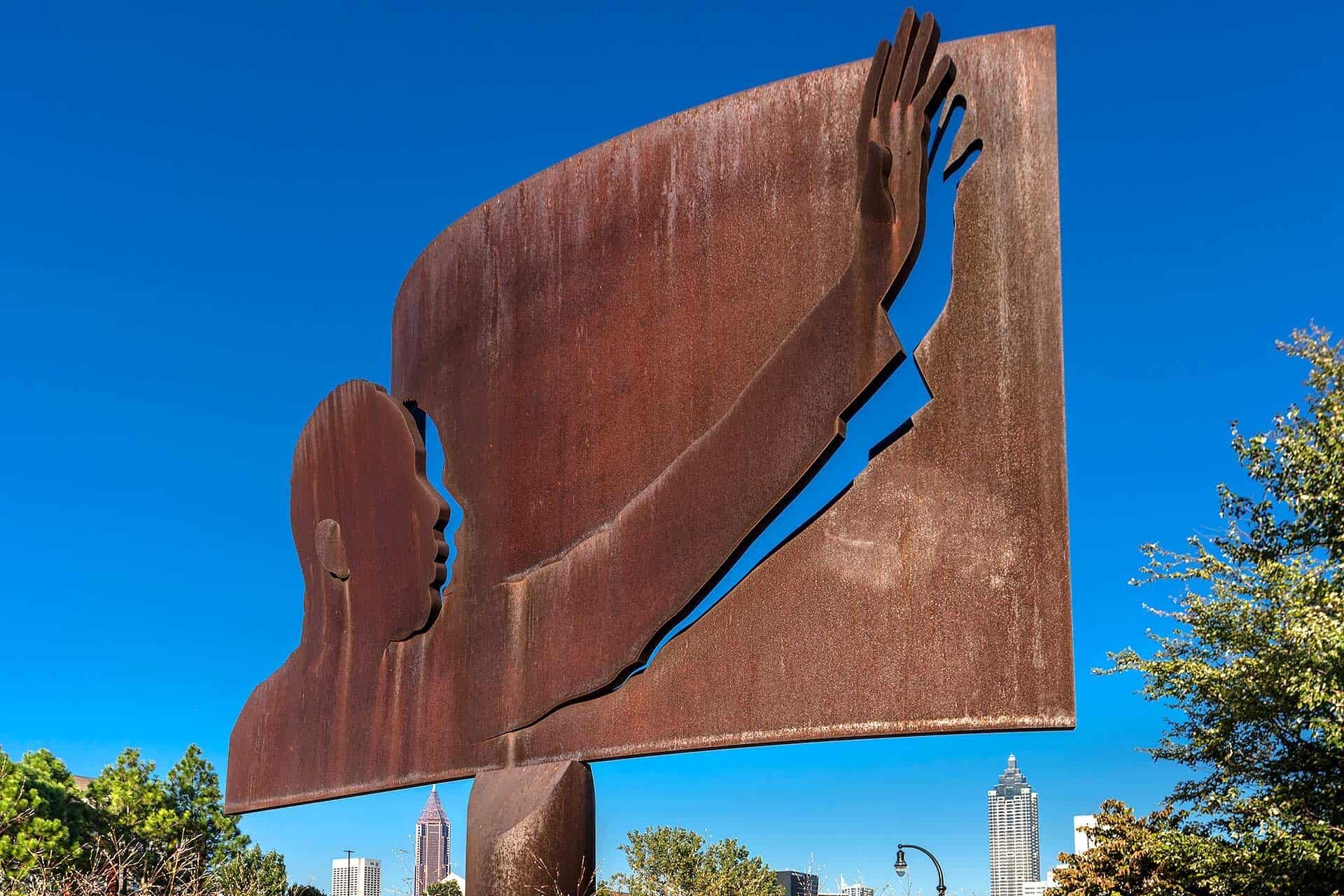Atlanta’s Hidden Civil Rights Landmarks Revealed

Atlanta is famous for its role in the Civil Rights Movement. But did you know the city hides many lesser-known landmarks? These spots tell powerful stories of struggle and triumph. From historic churches to secret meeting places, each site offers a unique glimpse into the past. Visiting these hidden Civil Rights landmarks can give you a deeper understanding of the movement's impact. Whether you're a history buff or just curious, exploring these places can be both educational and inspiring. Ready to uncover Atlanta's hidden gems? Let's dive into the stories behind these important sites.
Atlanta: A Hub of Civil Rights History
Atlanta, often called the "City in a Forest," holds a rich tapestry of civil rights history. Beyond the well-known landmarks, there are hidden gems that tell powerful stories of courage and change. Let's uncover some of these lesser-known sites.
1. The Herndon Home
The Herndon Home, a National Historic Landmark, was the residence of Alonzo Herndon, a former slave who became Atlanta's first Black millionaire. His home stands as a testament to resilience and success against the odds.
2. The Apex Museum
Located on Auburn Avenue, the Apex Museum offers a deep dive into African American history. It showcases exhibits that highlight the contributions and struggles of Black Atlantans, providing a broader context to the civil rights movement.
3. The Wren's Nest
The Wren's Nest, once the home of Joel Chandler Harris, now serves as a cultural center celebrating African American folklore. It offers storytelling sessions that bring to life the rich oral traditions of the Black community.
4. The Hammonds House Museum
This museum, housed in a Victorian home, features African American fine art. It provides a space for reflection on the cultural and artistic contributions of Black artists, many of whom played roles in the civil rights movement.
5. The Atlanta Daily World Building
The Atlanta Daily World, one of the oldest African American newspapers, operated from this building. It played a crucial role in informing and mobilizing the Black community during the civil rights era.
6. The Carrie Steele-Pitts Home
Founded by Carrie Steele, a former slave, this orphanage has provided care for African American children since the late 1800s. It stands as a symbol of community support and empowerment.
7. The Butler Street YMCA
Known as the "Black City Hall," the Butler Street YMCA was a meeting place for civil rights leaders. It hosted many pivotal discussions and strategies that shaped the movement.
8. The Prince Hall Masonic Lodge
This historic lodge served as a gathering place for African American leaders. It played a significant role in the organization and planning of civil rights activities in Atlanta.
9. The West Hunter Street Baptist Church
Led by Rev. Ralph David Abernathy, this church was a key site for civil rights meetings and rallies. It remains a symbol of faith and activism.
10. The Atlanta Student Movement Monument
Located on the campus of Clark Atlanta University, this monument honors the students who bravely protested segregation and inequality. Their efforts were instrumental in advancing civil rights in Atlanta.
11. The Big Bethel AME Church
Big Bethel AME Church, one of Atlanta's oldest African American congregations, served as a hub for civil rights activities. Its iconic "Jesus Saves" sign became a beacon of hope for many.
12. The King Center
While not entirely hidden, the King Center often gets overshadowed by other landmarks. It houses Dr. Martin Luther King Jr.'s papers and offers a comprehensive look at his life and legacy.
13. The Oakland Cemetery
Oakland Cemetery, the final resting place of many civil rights leaders, offers a quiet space for reflection. It includes the graves of Maynard Jackson, Atlanta's first Black mayor, and other notable figures.
14. The Sweet Auburn Historic District
This district, though more known, has many hidden corners that tell stories of the civil rights struggle. Walking through its streets offers a glimpse into the past and the enduring spirit of the community.
15. The Atlanta University Center
Comprising several historically Black colleges and universities, the Atlanta University Center was a hotbed of civil rights activism. Its students and faculty played crucial roles in the movement.
Discovering Atlanta's Civil Rights Legacy
Exploring Atlanta's hidden Civil Rights landmarks offers a deep connection to the past. Visiting places like the Martin Luther King Jr. National Historical Park or the Auburn Avenue Research Library brings history to life. These sites tell stories of courage, struggle, and triumph. Walking through these landmarks, you gain a better understanding of the fight for equality.
Atlanta's rich history isn't just in textbooks; it's in the streets, buildings, and museums. Each landmark provides a unique perspective on the Civil Rights Movement. Whether you're a history buff or just curious, these sites are worth your time. They remind us of the progress made and the work still needed.
Next time you're in Atlanta, take a moment to visit these important places. You'll leave with a deeper appreciation for the city's role in shaping history.

